The image of Homo Economicus underpins the ubiquity of neo-classical economics, delineating the possibilities of exchange for humans conceived as rational and self-interested beings. How does growing awareness of our ecological entanglements with human and more-than-human beings invite a reimagining of our economies, societies and political systems?
Moderated by Glen Fuller, this session brings together Kamaljit Sangha, Tim Hollo, Declan Kuch, and Deborah Cleland to discuss how money, exchange and community may be re-configured through ecological alternatives.
The session will be livestreamed at 10:00am AEST, Friday 6th November at https://economythologies.network/. Following the event, the video recording of this session will be available for viewing on this page.
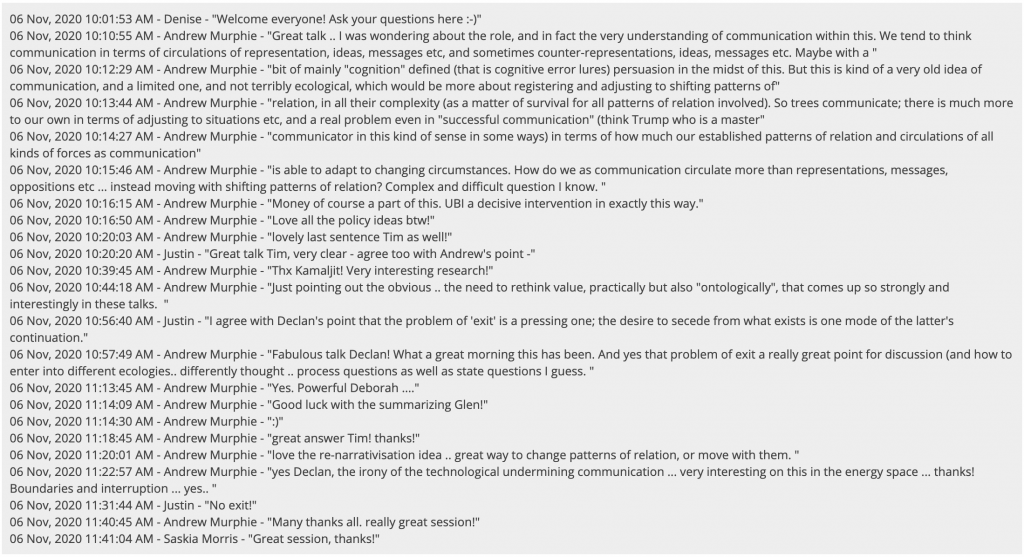
Ecological Economics and Human Well-being
Ecological Economics is a trans-disciplinary field, linking ecological, economic and social sciences, to deal with modern challenges and issues to develop long-term solutions for supporting human well-being, sustainability, and justice. The common root-word, ‘Eco’ in both ecology and economics means ‘house’, while ‘logy’ means ‘study’, and ‘nomics’ means management, i.e. management and study of the house (earth) we all live in. Ecological Economics is about understanding and developing sustainable economies where economy is a subset of the social, and even larger ecological, systems. The discipline promotes such economies beyond the traditional utilitarian economic paradigm that largely focus on growth (Gross Domestic Product). Enhancing human well-being through sustainable use, efficient allocation, and equitable distribution of resources, are the key disciplinary principles.
In this talk, Dr Sangha will provide an overview of Ecological Economics and explain how her disciplinary knowledge helps her understand Indigenous connections with nature in northern Australia.
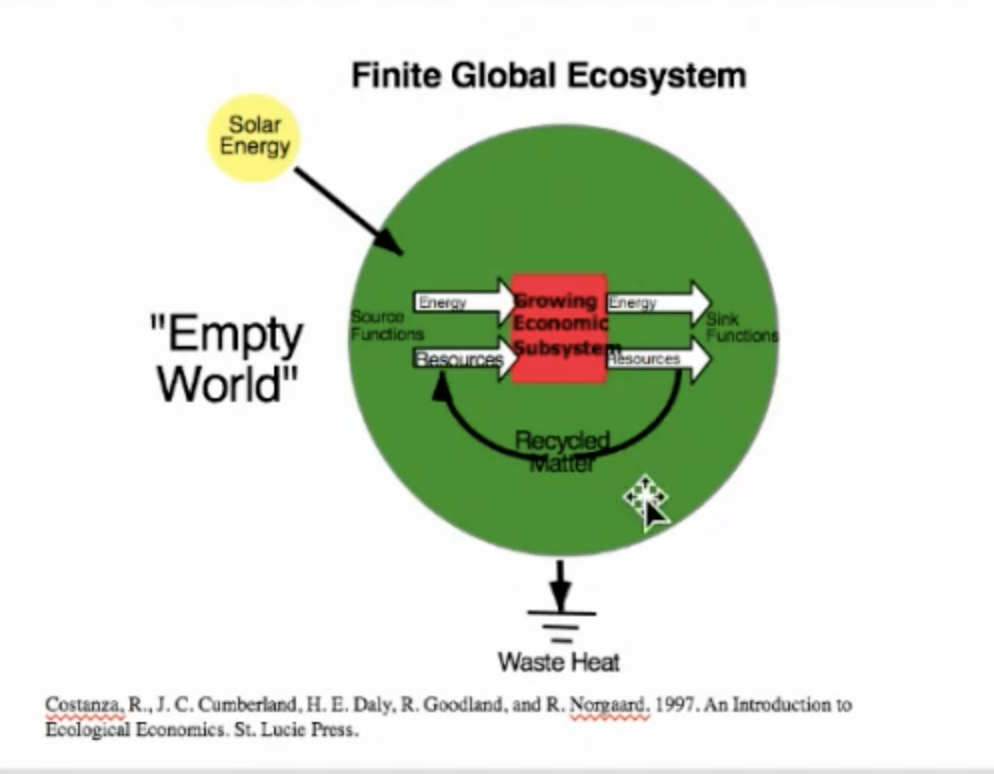
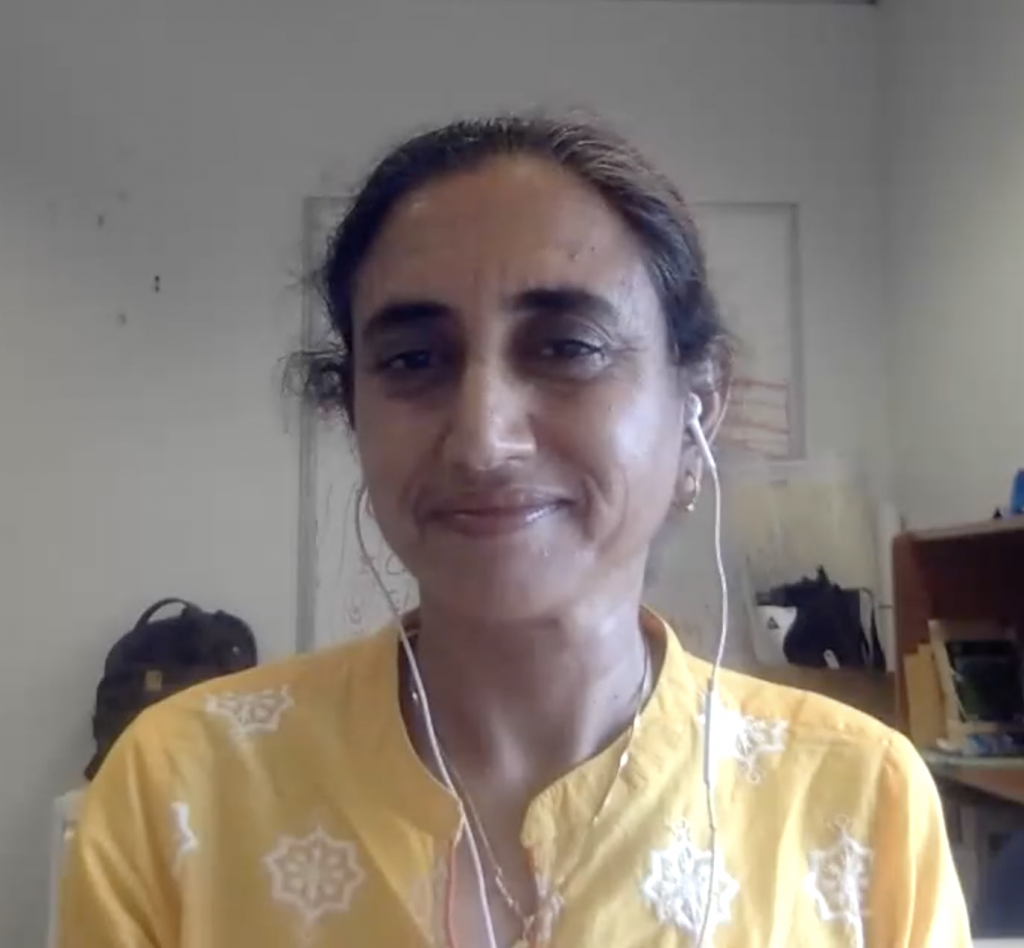
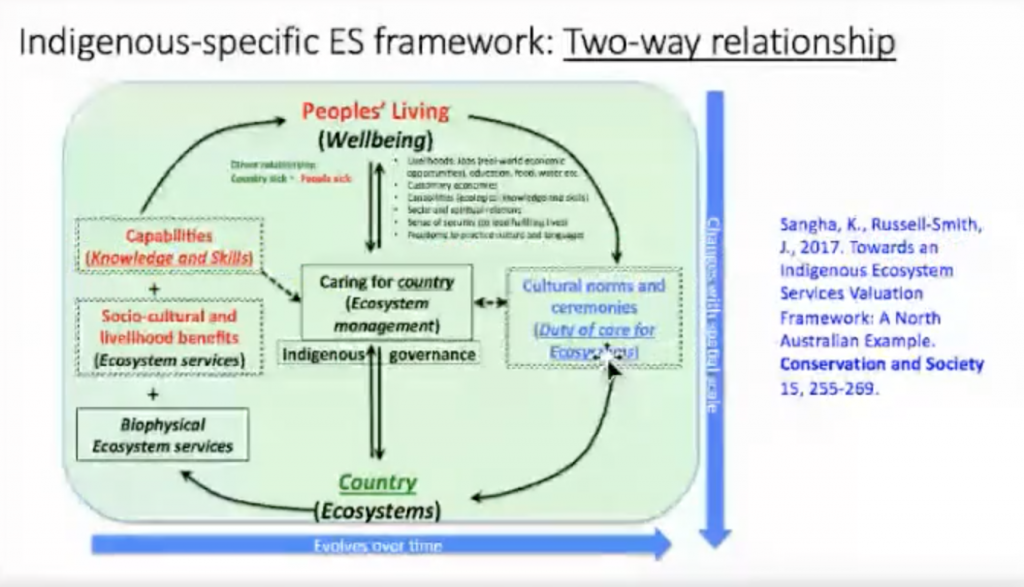
Studiers of subsistence fishers attract funding to help the fishers “exit poverty” and not “further degrade the marine ecosystem”, through leaving their boats behind and turning to non-extractive livelihoods. What happens, then, when we turn a critical eye on the livelihood of the researcher themselves? What lexicons of lack and luck may we borrow from the fishers to explain an academic’s life’s work and our work-life? What might we learn from comparing small-scale fishers to small-scale scholars about how to successfully ‘navigate’ the casualised waters of the modern labour market?
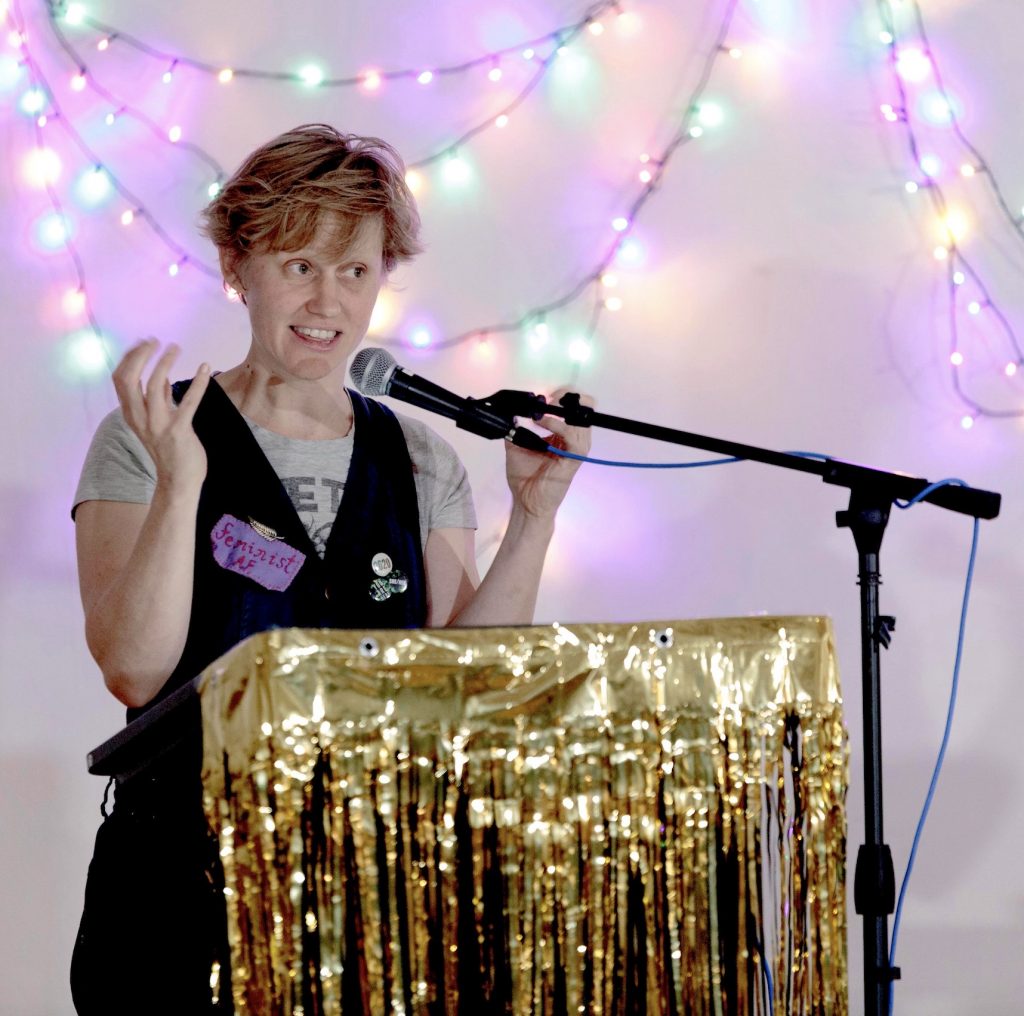
What’s at stake in thinking about energy as money? Drawing on recent experiments in peer-to-peer energy trading spanning Australia, South America and Europe, Declan will explore how citizens, financiers and energy users are increasingly confronted with this question. Far from instrumental and singular, both money and energy are complex, multi-dimensional sites where the tensions of late capitalist social forces are visible. Declan will analyse the social, spatial and temporal dynamics emerging in these experiments to argue that the digitization of energy and money are complementary in hitherto underappreciated ways.
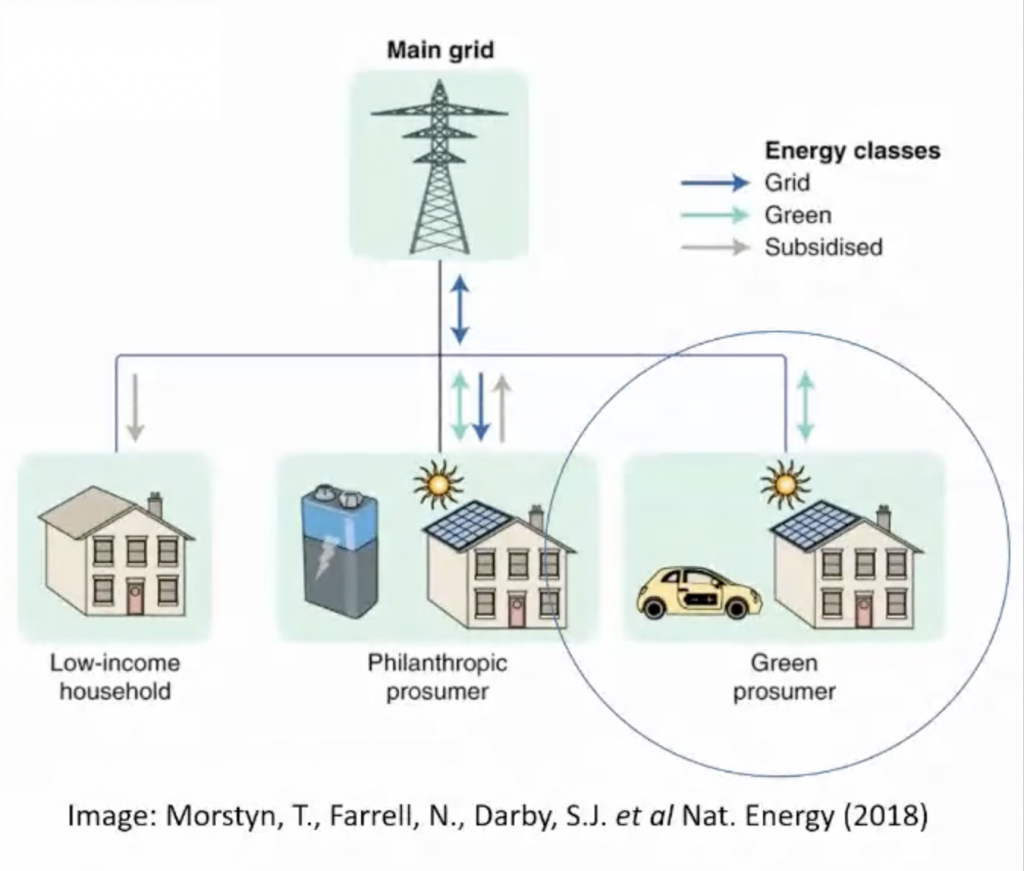
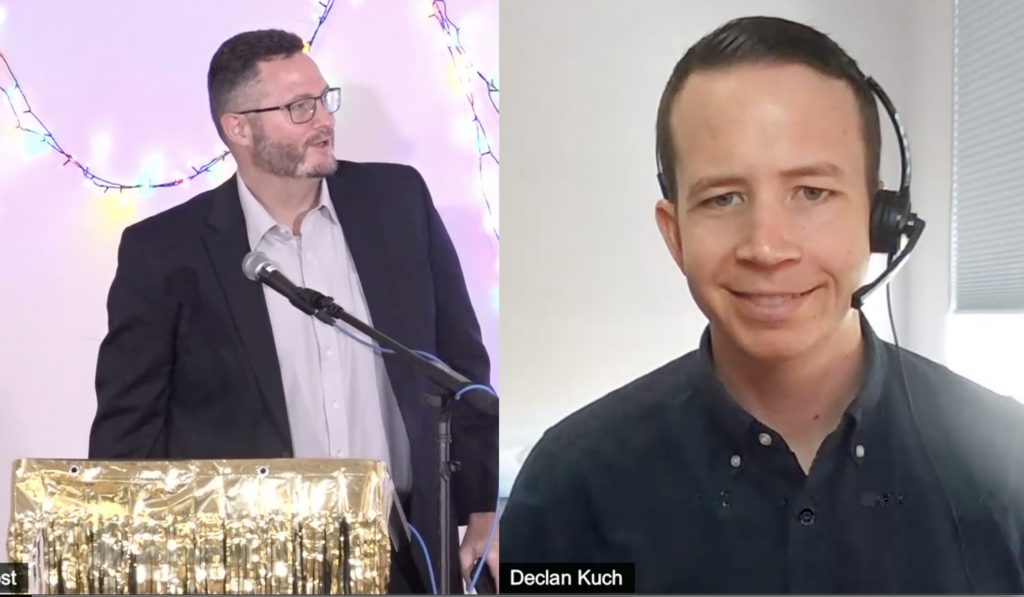
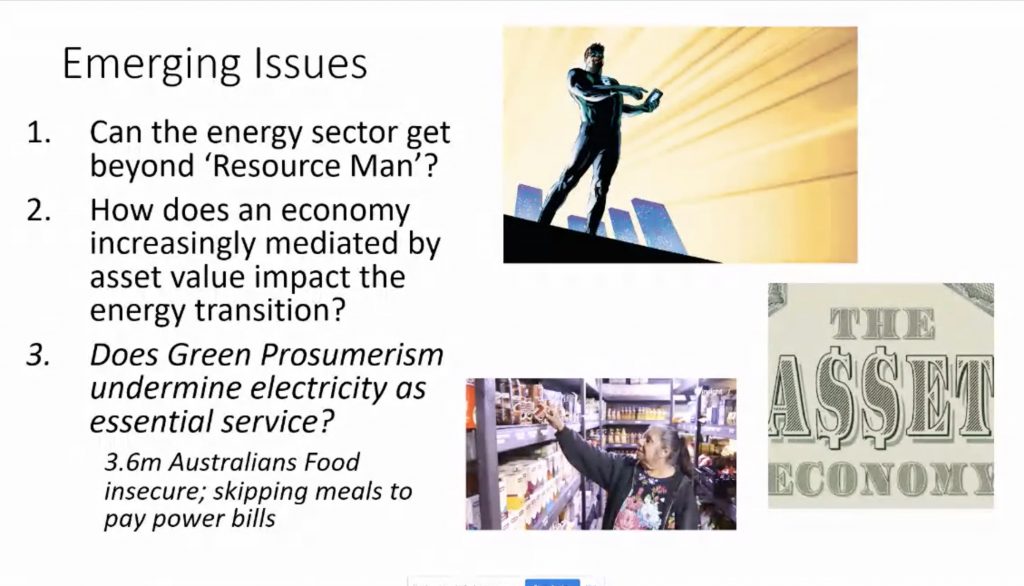
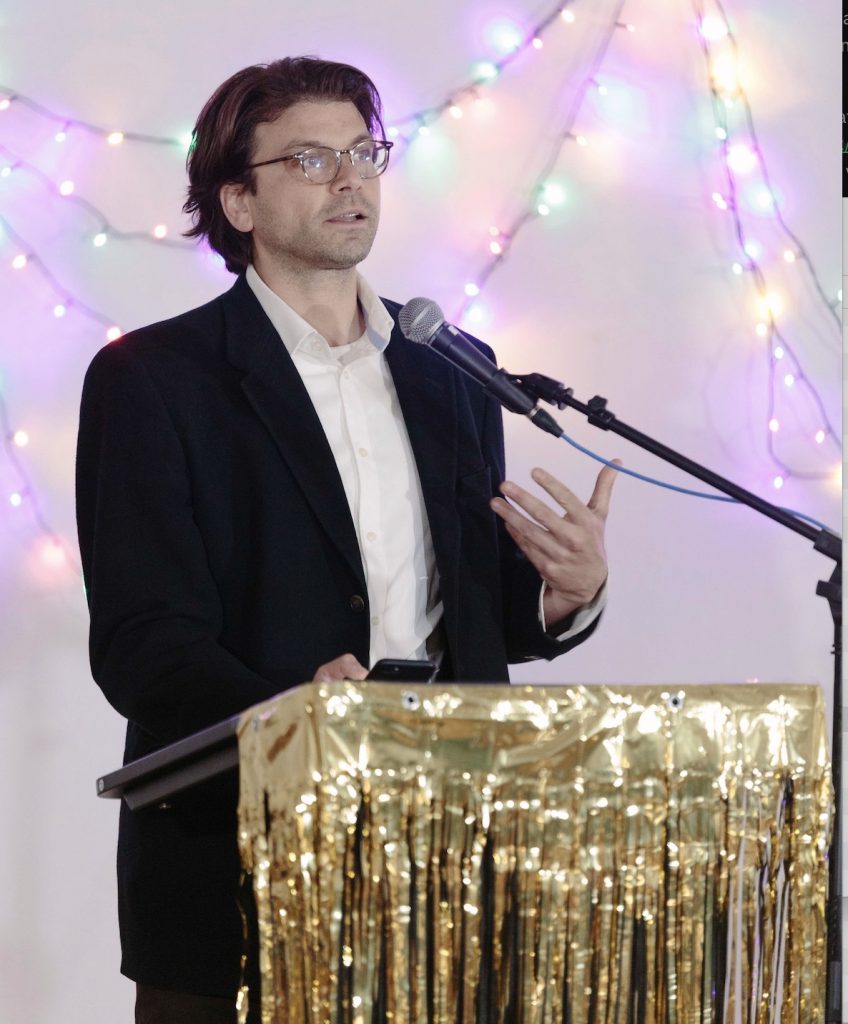
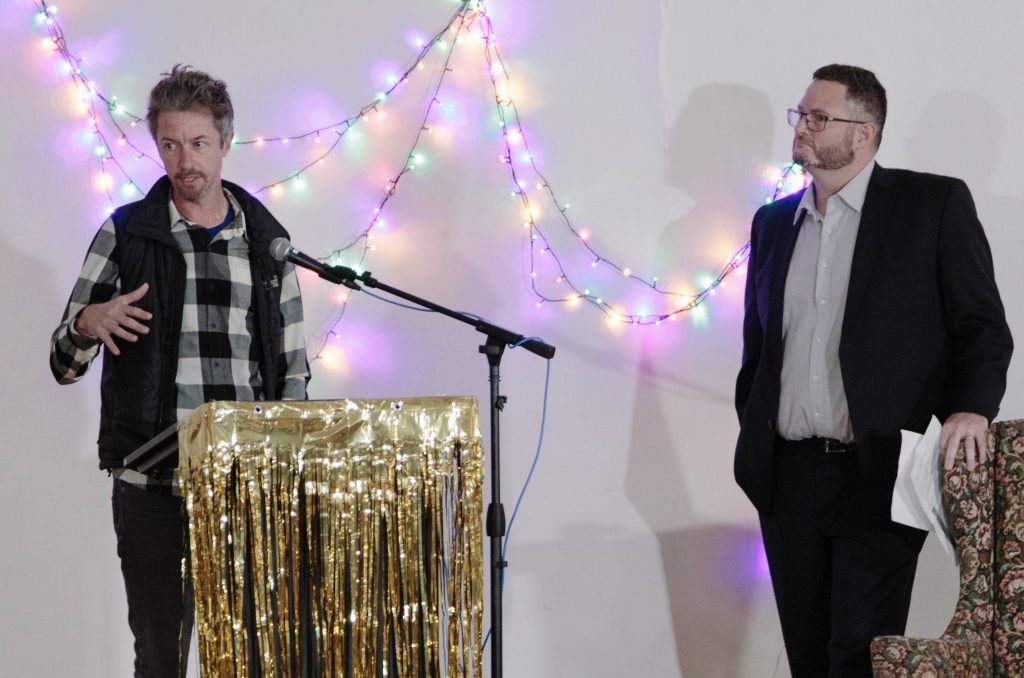
Launch November 5th-6th 2020
Ainslie+Gorman Arts Centre, ACT Bett Gallery, TAS
Livestreaming through the aether at economythologies.network
Centre for Creative and Cultural Research (University of Canberra), Institute for Culture and Society (Western Sydney University), School of Art and Design (Australian National University), Contemporary Art and Social Transformation (RMIT University), Ainslie+Gorman Art Centre, Bett Gallery with the support of the Institute of Network Cultures.
Published by Despoinas Media Coven.
This website is hosted on a feminist server, coordinates 42°S 147°E.
This server rests on the unceded lands of the Muwinina people. We pay respect to their elders past and present, and recognise Tasmanian Aboriginal people as the ongoing custodians of Lutruwita/Tasmania.